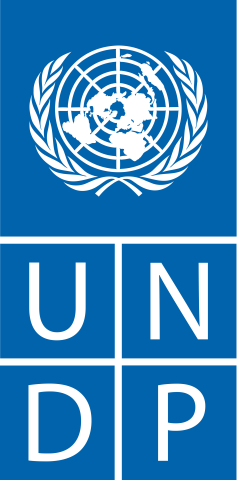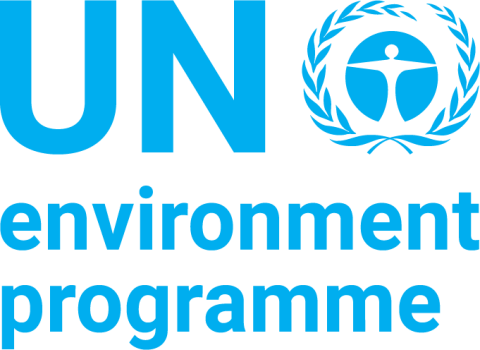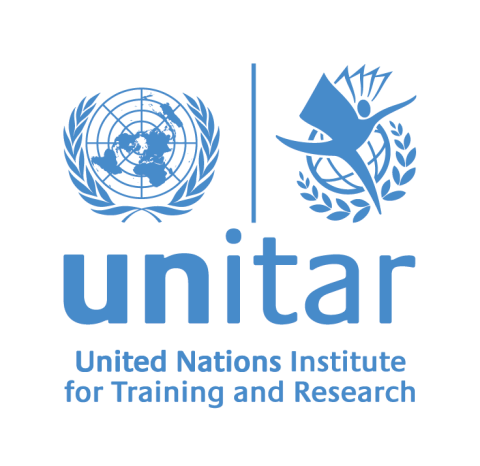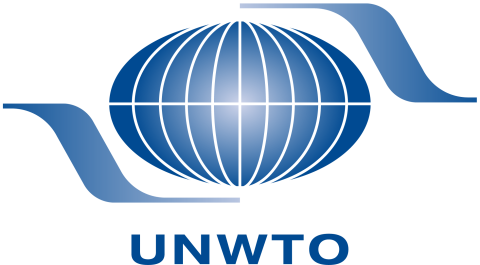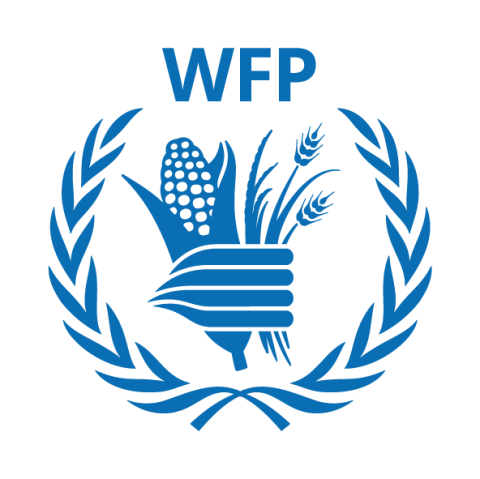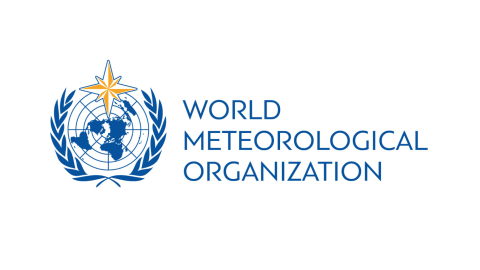
Breadcrumb
Did you know...
environmental targets for 2030 are defined in several of the 17 Sustainable Development Goals:
- Goal 13, combatting climate change
- Goal 14, conserving the oceans, seas and marine resources
- Goal 15, protecting and restoring terrestrial ecosystems
- Goal 7, ensuring access to affordable and reliable clean energy and to safe water sources for all
- Goal 12, developing more sustainable production and consumption habits and norms.
2023...
was a hopeful year for the environment, with States reaching agreements on several key points:
Reducing pollution
Geneva hosts an array of international environmental agreements, namely the Basel, Rotterdam and Stockholm Conventions which deal with hazardous wastes, chemicals and pesticides, and organic pollutants, respectively. In addition, the Minamata Convention draws attention to the threat of mercury emissions. They all share the aim of protecting human health and the environment from hazardous residual products.
The Secretariats of these Conventions arrange meetings with Member States to track progress and address new developments in their areas. Additionally, they assist the States in translating their commitments into action at the national level. For example, Secretariat staff can provide technical support and training to help governments draft new legislation on hazardous materials.
Example 1: Tackling plastic waste under the Basel Convention
The Basel Convention is currently the only international agreement covering plastic waste and its transportation across boundaries. Under its umbrella, a Plastic Waste Partnership was founded to bring together governments, businesses and civil society to reduce plastic waste and find new ways of recycling the existing waste.
A pilot project, spearheaded by the Secretariat of the Basel Convention tackled the problem of plastic fishing nets in Ghana which are oftentimes left behind by their owners, polluting the seas, killing fish, and threatening the livelihoods of the local communities. The project invited community members to collect and return the plastic nets in exchange for a small payment. The nets were then recycled into textiles or other daily products.

Example 2: Dangerous beauty standards under review: the Minamata Convention
One example of work of the Minamata Convention is an awareness campaign, using slogans like: “True radiance comes from within, not from mercury”, or “Brightness is not in your skin, brightness is who you are”.
Many skin lightening products use mercury which can cause anxiety and depression, damage to the skin, to the nervous and immune system. UNEP and the Minamata Convention raise awareness to try and overcome racist beauty standards prompting persons of colors to use these products. This topic has also been discussed during the most recent Conference of Parties of the Convention, in October 2023.
Protecting species, restoring natural resources
The wide range of multilateral environmental agreements under the patronage of the UN Environment Programme spans several conventions on the conservation of plant and animal species and the protection of entire ecosystems. Two of these conventions have their secretariats located in Geneva:
The Convention on International Trade in Endangered Species of Wild Fauna and Flora (CITES) oversees international trade on endangered plant and animal species to ensure their survival. Considering the immense value of rare animal products such as tiger teeth or ivory, but also plants, woods, or medical herbs, strong laws need to be put in place to contain their trade. In this respect, CITES protects more than 40,000 plant and animal species. States who have signed the Convention must translate its content into national law and restrict legal and, consequently, illegal trade of natural goods.
The Tehran Convention (on protecting the Caspian Sea and its marine environment) is a regional agreement between the five states adjacent to the Caspian Sea: Azerbaijan, Iran, Kazakhstan, the Russian Federation and Turkmenistan. The Caspian Sea is the world’s largest lake, and it is home to numerous species that can only be found in this region. The Tehran Convention seeks to protect these species and their habitat and to prevent pollution of the marine environment.
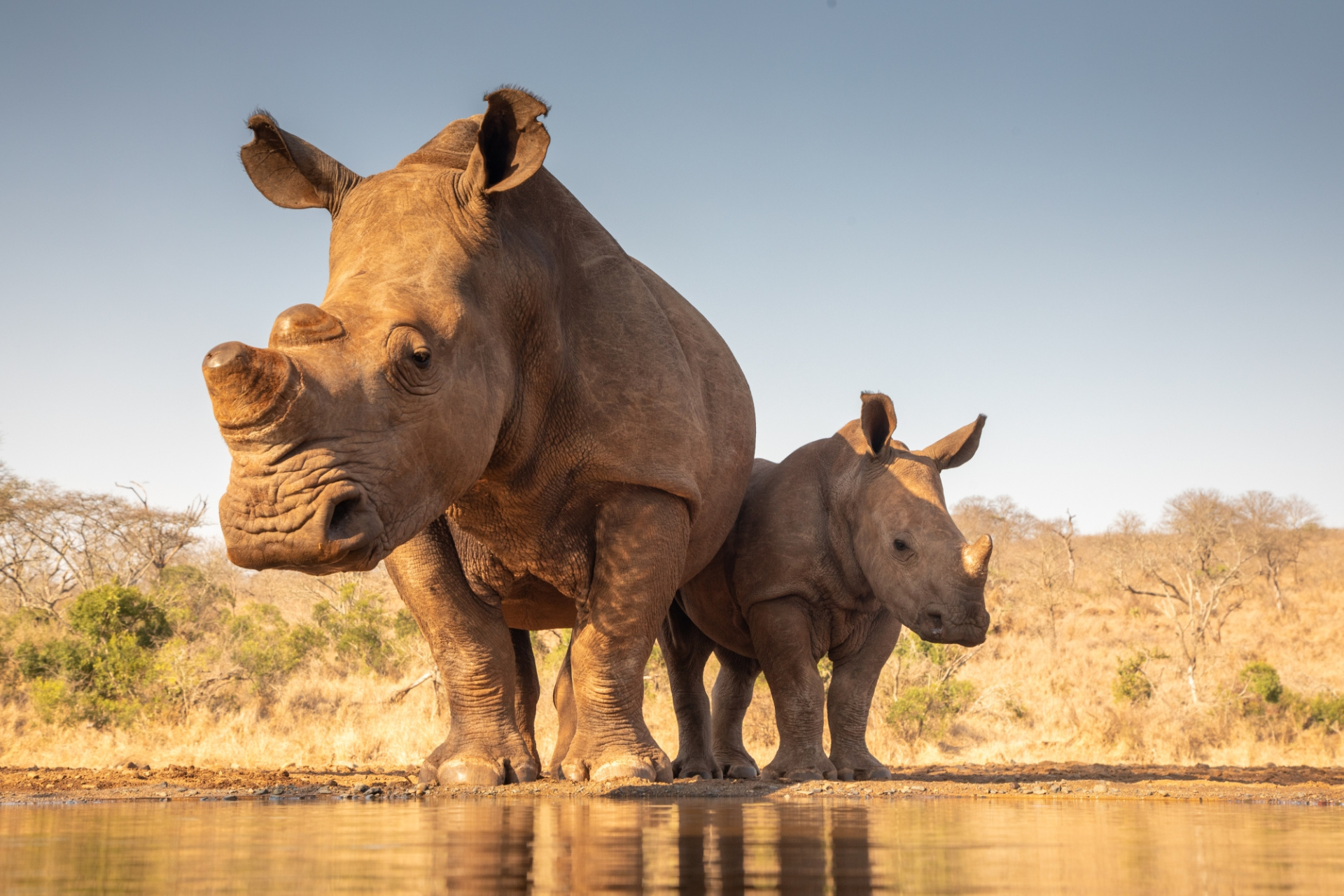
Coping with the effects of global warming
Protecting the environment in all it dimension is one of the main missions of the UN in this decade and the ones to come. It is, however, also the Organization’s responsibility to protect the people who are most affected by climate change and environmental degradation, and to equip them with the tools to protect themselves. Climate-related disasters have almost doubled compared to the previous 20 years. Droughts, floods, wildfires, and other disasters trap people in poverty, taking away houses, fields and harvest, and everything else they have built up over years. The United Nations Office for Disaster Risk Reduction (UNDRR) helps countries, cities, and communities to develop mechanisms that can better withstand these environmental threats, for example by developing early warning systems that alert the population before a disaster strikes; by building houses in safe locations; or by helping governments to develop and enforce better building and construction codes, making homes less likely to collapse in the event of a disaster.
Research and training
The Geneva-based World Meteorological Organization (WMO) monitors the development of weather, climate, water and other environmental indicators globally through a multitude of observatories, and through extensive climate research. The office works with governments on national and local levels to point to the sources of problems like high greenhouse gas emissions or poor air quality.
A joint effort between WMO and the UN Environment Programme, the Intergovernmental Panel on Climate Change (IPCC) provides scientific information on climate change to governments. IPCC experts analyse existing research and draw future scenarios – the basis for governments to adjust their climate policies.
The United Nations Institute for Training and Research (UNITAR) offers a multitude of training programmes focusing on conserving and restoring the environment, for example in Peacekeeping Missions, and more broadly on sustainable development.
Organizations working to protect the environment
The World Bank Group is an international financial institution whose mission is to end extreme poverty and boost shared prosperity on a livable planet. It works in every major area of development and provides a wide array of financial products and technical assistance to help countries share and [...]
UNDP is the leading United Nations organization fighting to end the injustice of poverty, inequality, and climate change. Working with a broad network of experts and partners in 170 countries, the agency helps nations to build integrated, lasting solutions for people and planet.
The UNDP Office in [...]
The UN Office for Disaster Risk Reduction (UNDRR) works towards the substantial reduction of disaster risk and losses to ensure a sustainable future. UNDRR (formerly known as UNISDR) is the focal point of the United Nations system for disaster risk reduction and the custodian of the Sendai Framework [...]
The United Nations Environment Programme (UNEP) is the leading global environmental authority that sets the global environmental agenda, promotes the coherent implementation of the environmental dimension of sustainable development within the United Nations system, and serves as an authoritative [...]
As a dedicated training arm of the United Nations system, the United Nations Institute for Training and Research (UNITAR) provides innovative learning solutions to individuals, organizations and institutions to enhance global decision-making and support country-level action for shaping a better [...]
The United Nations Office on Drugs and Crime (UNODC) has the mandate to make the world safer from drugs, organized crime, corruption and terrorism. The organization is committed to achieving health, security and justice for all by tackling these threats and promoting peace and sustainable well-being [...]
UNOPS helps the UN and its partners provide peace and security, humanitarian and development solutions. Their mission is to help people build better lives and countries achieve peace and sustainable development.
They are focused on implementation, committed to UN values and private sector [...]
UNWTO's presence in Geneva has the potential to substantially increase the positive impact of tourism as an engine for development. As part of the UNWTO Geneva Liaison Office (GVLO) scope of work to represent UNWTO to the UN System and Diplomatic Missions in Geneva and in building strategic [...]
The United Nations World Food Programme (WFP) is the world’s largest humanitarian organization, saving lives in emergencies and using food assistance to build a pathway to peace, stability and prosperity for people recovering from conflict, disasters and the impact of climate change.
The WFP Geneva [...]
The World Meteorological Organization (WMO) is a specialized agency of the United Nations. It is the UN system's authoritative voice on the state and behaviour of the Earth's atmosphere, its interaction with the oceans, the climate it produces and the resulting distribution of water resources.


